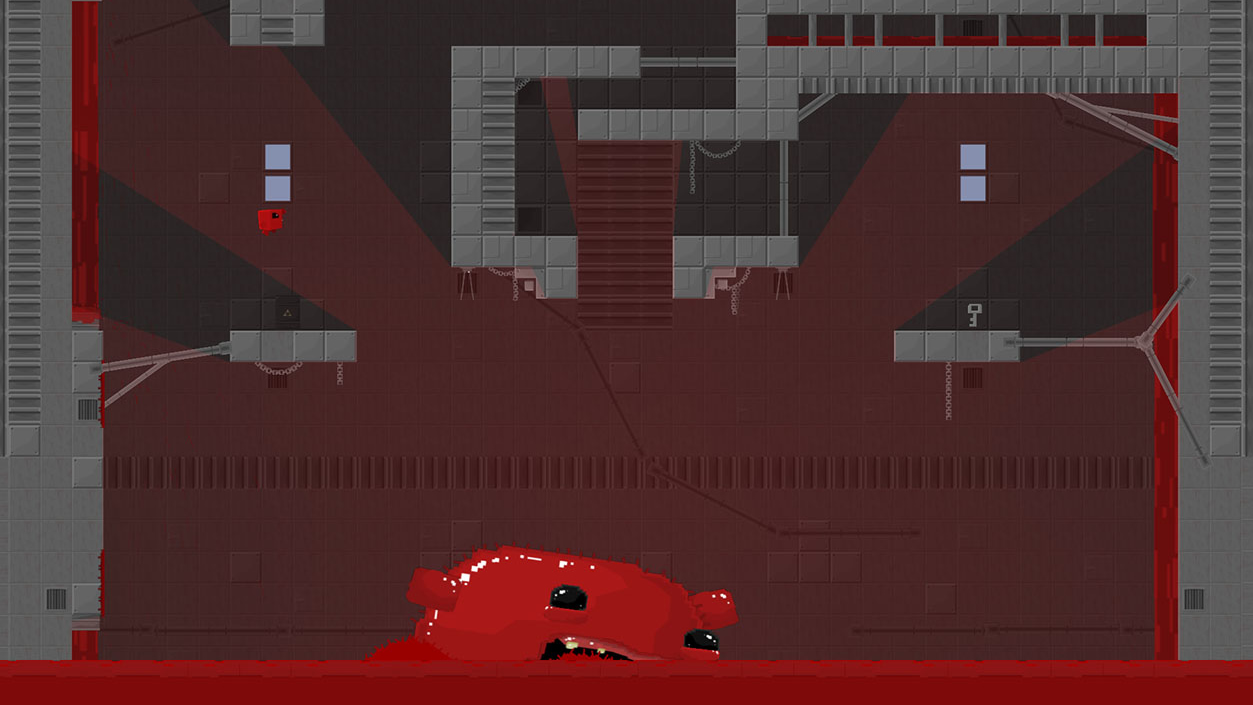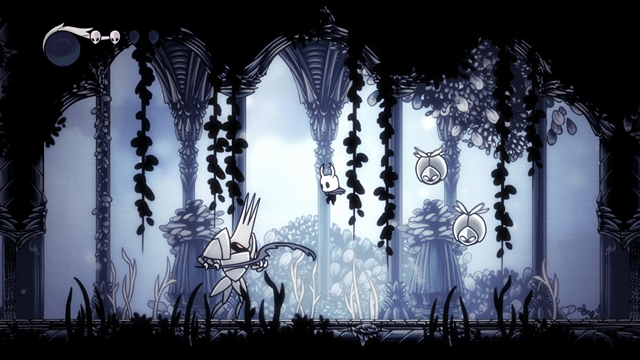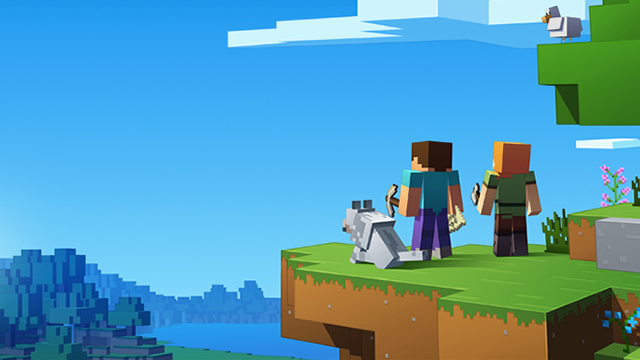Video games are becoming increasingly complex. Developers seem to feel the need to blow players’ minds with vast open worlds, intricate and challenging combat, and in proper modern fashion, a story that touches on the issues that humanity faces today. And that’s all well and good, but what about those of us who want to sit down and start having fun immediately? What happened to games that were just games, as opposed to groundbreaking art pieces or evolving experiences designed to consume our every waking thought?
The times have changed, but for me, the idea of a captivating game hasn’t. Simpler video games are just better, and here’s why.
A Matter of Time

Vast open-world games such as RPGs have huge entertainment potential and have long been a favorite of mine. But I’ve come to realize that the enjoyment derived from a game is inextricably tied to the investment (read: time) placed into it. It took me several hours to get into the groove of The Witcher 3: Wild Hunt, but that game wound up hooking me for over 160 hours. Yet I was able to pick up Tetris Effect and start having fun instantly, and that fun continued for the 20 or so hours I put into it before moving on to the next new release.
ALSO: ‘Xbox Series X’ is the worst name Microsoft could choose for its next-gen console
These are two extreme examples, but the logic here applies across the board. I had no problem adjusting to Hollow Knight in a matter of minutes, and the 30 or so hour experience that followed was a pure treat. Astroneer took maybe an hour to truly click, and I’ve put nearly 90 hours into it so far. And then there’s Minecraft, a game so deviously simple that children and adults alike can start having fun with it right off the bat, and I’d wager I have 300 hours or more logged into it across various platforms.
Why the Learning Curve?
.jpg)
As a game becomes more complex, the requirements needed to feel that ever-important sense of pride and accomplishment must also increase. But with simpler games, those rare titles with which there’s little or no learning curve, the balance tips further in the direction of pure entertainment.
Take Pong, for instance. Anyone with the gift of sight can understand how it works at a glance, yet it was fun enough to keep players captivated for months or even years. Minesweeper was also deceptively simple, and there are people who still play that game today. Taking into account the gradual evolution of games as entertainment, computer card games like Hearthstone require only a few hours to learn the ins-and-outs, yet pave the way for hundreds or even thousands of hours of entertainment.
In other words, the simpler a game’s pitch, the more potential it has to entertain. And that brings me to my second talking point: What makes a game entertaining?
Where’s The Fun?

For some, the best games tell a story. For others, it’s all about action. But true entertainment lies somewhere in between. After all, not every game needs a profound story; Super Meat Boy kept my attention for 40 or more hours—I’d even go so far as to say it’s one of my favorite games of all time—yet the story is little more than “Sorry, Meat Boy, but Meat Girl is in another hazard-filled castle.” Instead, it’s captivating because of its action—the feeling that the mechanics, the physics, and the levels are all in perfect harmony.
However, without action, it’s hard to call a game truly entertaining. TellTale Games made a name for itself for gripping narratives, but players were almost unanimous in their criticism of the studio’s releases: They’re not really fun to play. A game without a story is still a game, but a game without action is just a story. There has to be a compelling hook, but more than that, there has to be something to provide thrills. In other words, the action is the highlight, and everything else is just a bonus.
That’s how I arrive at my final point: The action or function of a truly great game will be almost immediately obvious. Stories need time to unfold, meaning the excitement is in the destination as opposed to the journey. And games that require several hours to learn diminish the returns of that action later down the line, at a point which the story or characters usually take center stage.
Keep It Simple

Simple games are best because they offer exactly what you expect them to offer. It might involve moving to the right of the screen and stomping on a few Goombas along the way, or trying to reach the finish line ahead of your opponents, or even throwing staplers and coffee mugs around a simulated office environment. There doesn’t need to be a story for it to be entertaining, even if there is a story to be found.
Simple games will always provide the most fun because they don’t require lots of time to learn, nor do they lean on a story that may or may not have a satisfactory conclusion. Instead, simple games offer an easily digestible pitch based on their intended functions: Fit falling puzzle pieces into neat rows, reach the end of the maze before the timer runs out, or build your character’s strength to the point where it can vanquish the ultimate evil.
This isn’t to say that that complex games are inherently bad—far from it. But the most entertaining games of all time, those classics that will forever remain in the halls of gaming history, are ones that don’t require loads of time, skill, or patience. Simpler games are better because they aren’t trying to blow your mind, change the world, or bleed your bank account dry. They’re better because they were designed to be entertaining not for a specific demographic, but for anyone and everyone, regardless of skill level or available free time. Above all, simpler games are better because they put the action at the forefront of the experience, thrilling by design as opposed to falling victim to their own ambitions.







